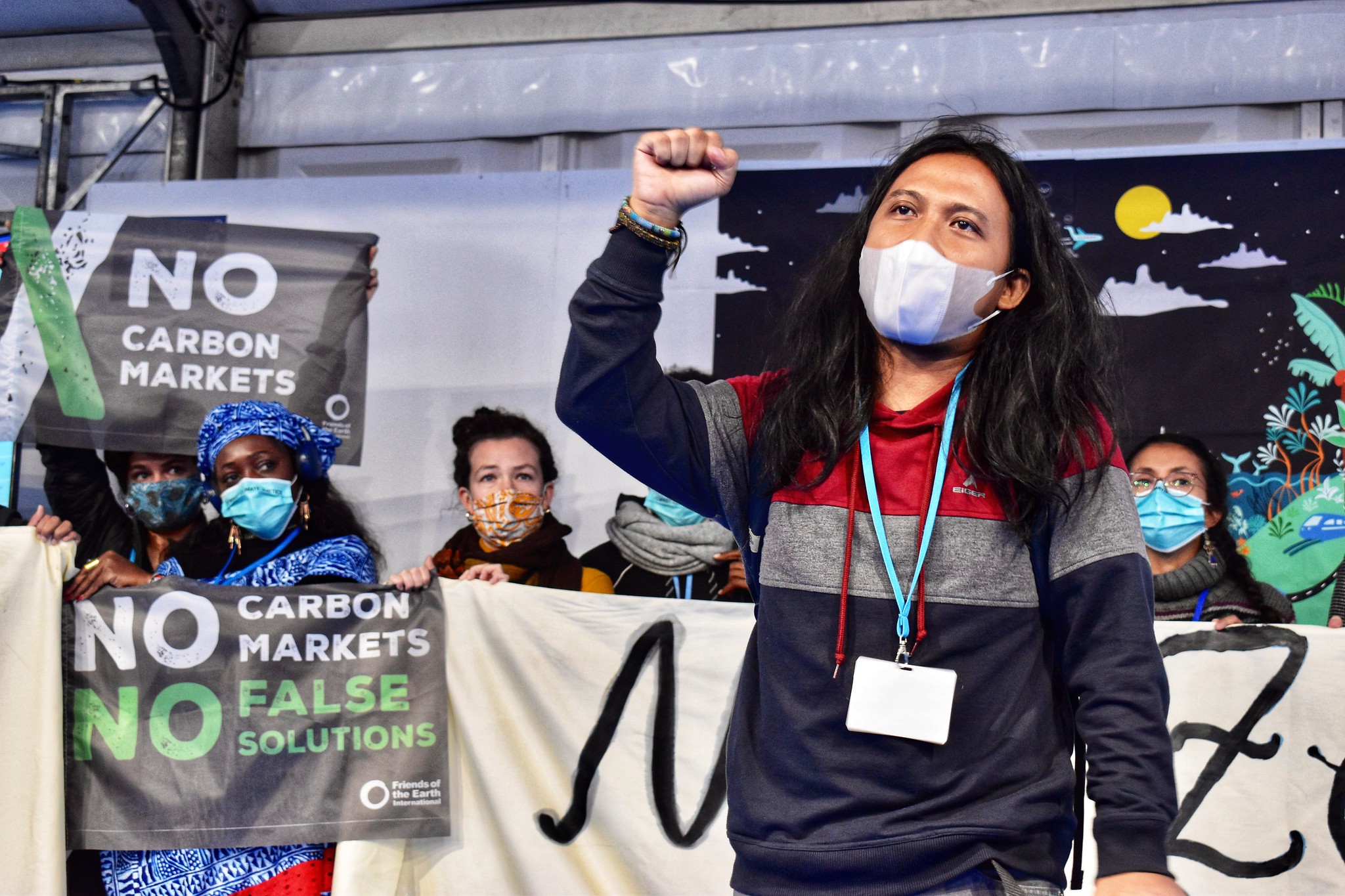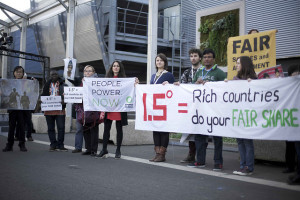
Is COP21.5 a realistic possibility?
AFTER only three days of negotiations there is already talk of whether the disagreements can be resolved, the necessary compromises made, and the political will secured to actually get a deal signed here in Paris at the end of next week.
Despite positive words from many world leaders on Monday, and a good spirit of co-operation in many negotiating rooms, the different factions, principally developed and developing countries, are still a long way apart on fundamental issues.
The draft agreement going into this conference is long and contains multiple options to please everyone. The subgroups working on it have to finish their work tomorrow, with the final draft going to the full conference on Saturday, so the ministers arriving next week can have their go at it. That’s not much time to whittle down multiple options.
One of the encouraging signs in Paris has been the increased discussion of how a 2˚ temperature limit is not good enough. Although often talked of as a “safe” level of climate change, a world 2˚ warmer than the pre-industrial past would mean an Arctic free of ice, island nations disappearing under the waves, and coral reefs destroyed by acid oceans.
More than 100 countries support a temperature limit of 1.5˚ but the powerful countries do not, so whether the final agreement mentions a temperature and what it is is one of the key issues that will go to the final minutes of next week.
And of course we already know that the promises on the table only add up to stopping climate change at a disastrous 2.7˚at best.

(c) Luka Tomac/Friends of the Earth International
Then of course there is the question of who should do how much to keep the temperature below a certain limit. A leaked paper last week revealed that the US is trying hard to make sure the concept of historical responsibility doesn’t make it into the final Paris agreement. The industrialised countries have enjoyed 250 years of fossil-fuelled progress, so most of the greenhouse gases still in the atmosphere right now are ours. Therefore we should make the greatest efforts to reduce emissions and also help developing nations improve living conditions for their people in low-carbon ways.
Another thorny issue is determining which parts of the deal are legally binding. US Republicans have already said they will block any treaty that sets targets for the US, just as they did with the previous Kyoto Protocol. Smaller countries understandably want to be sure the big-emitting countries really will have to reduce their emissions. An agreement which has no legal teeth and no way of ratcheting up targets over time isn’t going to be worth anything.
And then of course there is the literally vital issue of finance – money to help poorer countries adapt to higher temperatures, more extreme weather and rising seas, to transform energy systems away from fossil fuels and to help people cope with the impacts of climate change where we have already gone so far that adaptation won’t be enough. Many billions have been promised but not much has appeared.
If ministers and negotiators cannot find a way to successfully juggle temperature limits, the division of responsibility, the legal form of the deal, and the necessary finances, then there won’t be a deal here in Paris.
Is it a realistic prospect to come back to it later? It would be pretty dramatic but it has happened before. In 2000 in the Hague, well past the time when everyone was supposed to have left, the conference was all set to agree a final outcome when one country objected, sending the president of the conference into tears and meaning that an emergency, and ultimately successful, conference had to be held six months later in Bonn. I was there for the high drama of both of those meetings, but I’m not sure I’d want to go through it again.
This must be pressing on the minds of the French leadership of the conference. A successful signing of a deal here means the “Paris Agreement” will go down in history. Coming back later means Paris is remembered as a failure and any agreement has some other city’s name on it. It would be foolish to underestimate the significant spur to success that goes with who gets the kudos.
Time is short, the stakes couldn’t be higher and a lot of vested interests still need to be set aside if we are to get anything like a workable deal in just nine days’ time.
Dr Richard Dixon is Director of Friends of the Earth Scotland. He is Paris for the talks with Friends of the Earth International and Stop Climate Chaos Scotland. Follow him on Twitter
